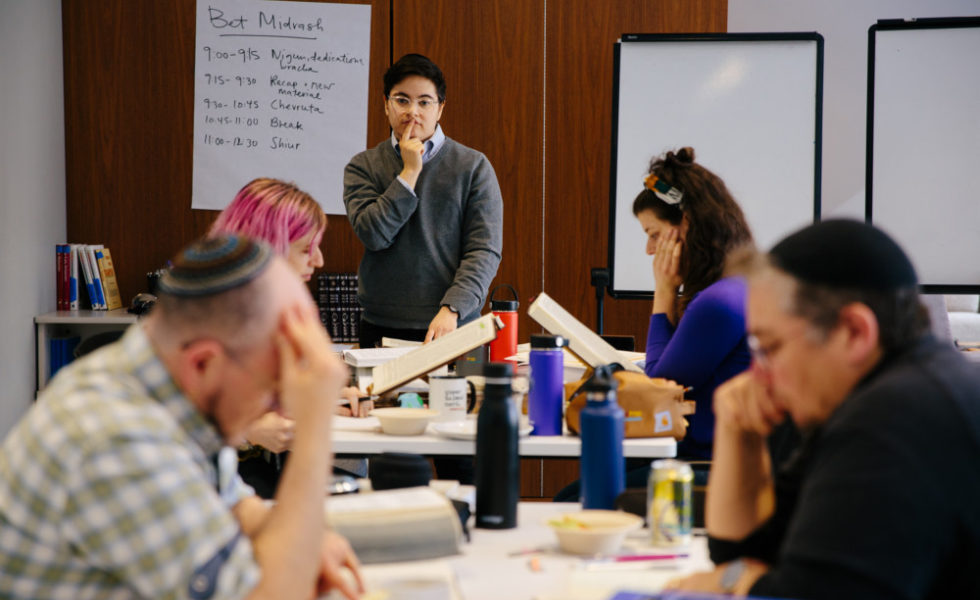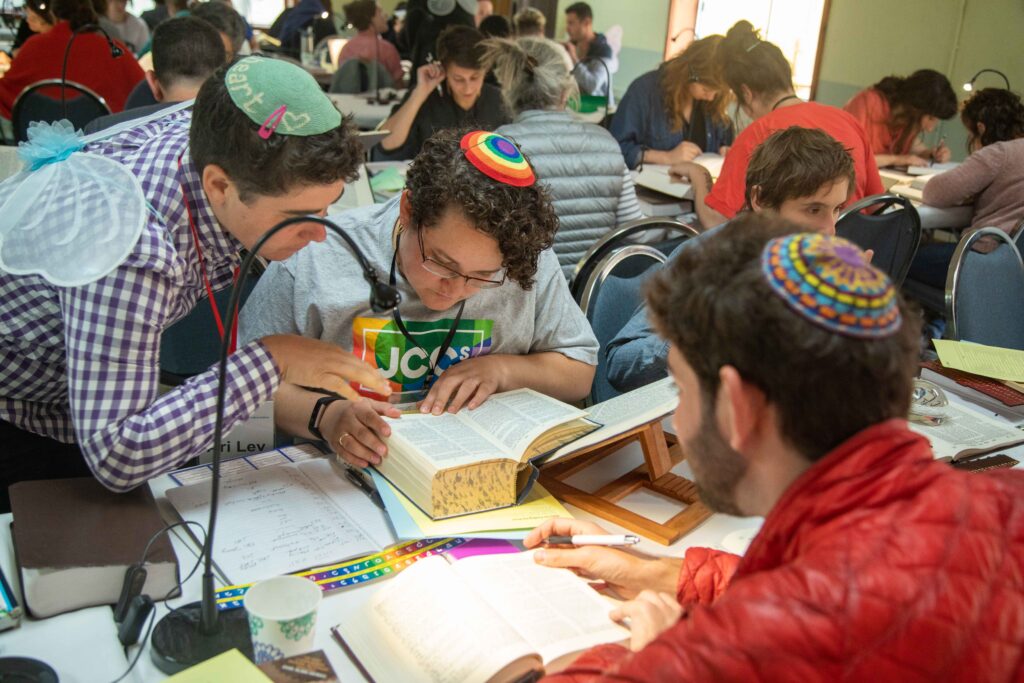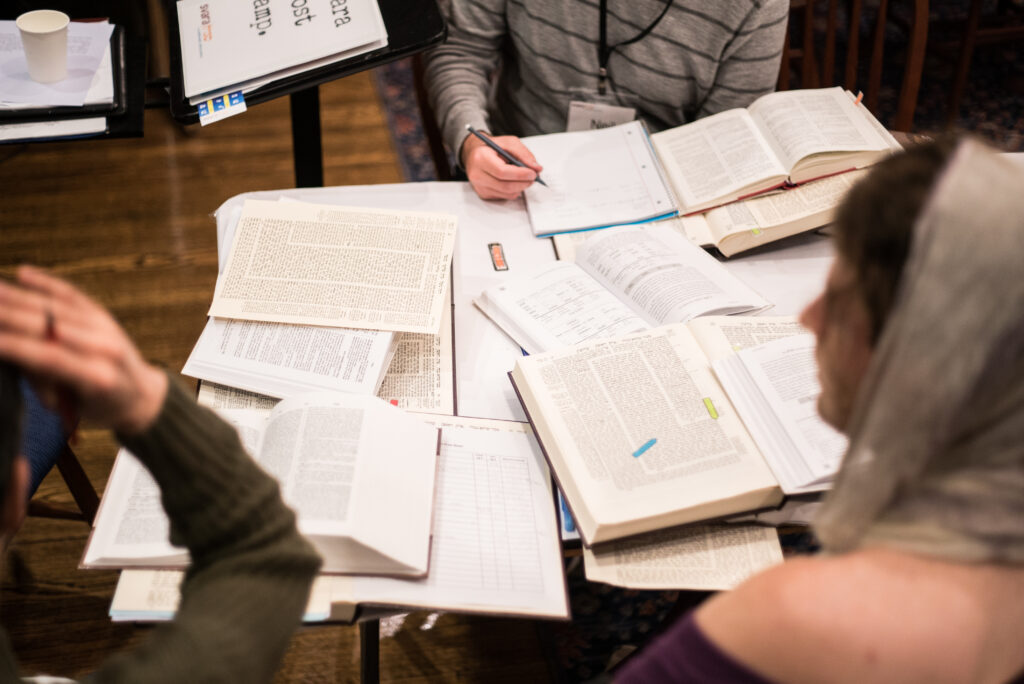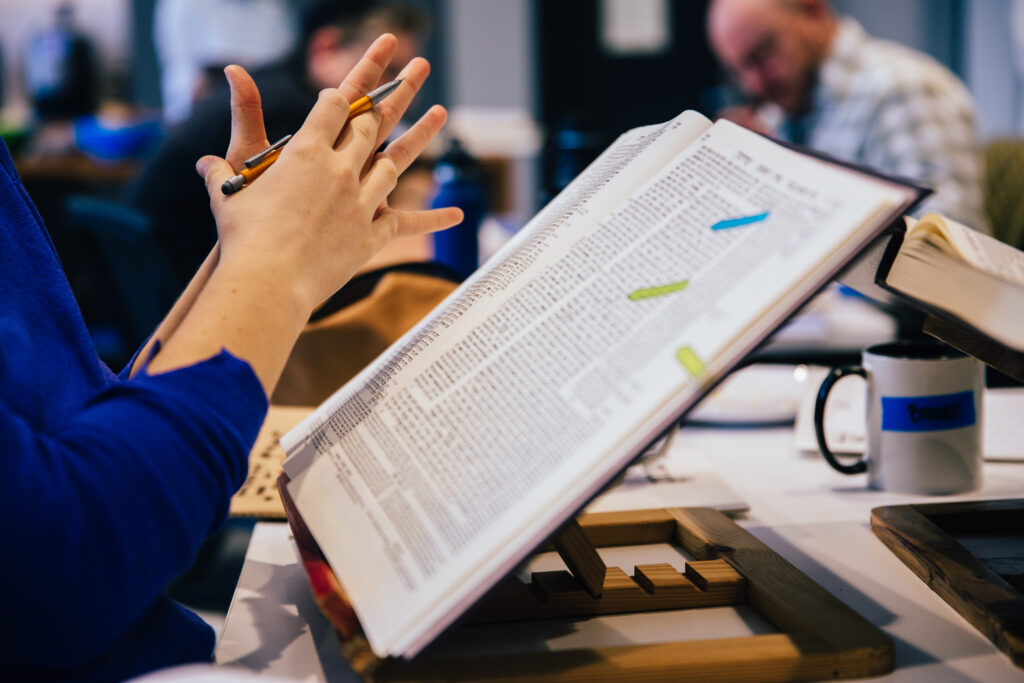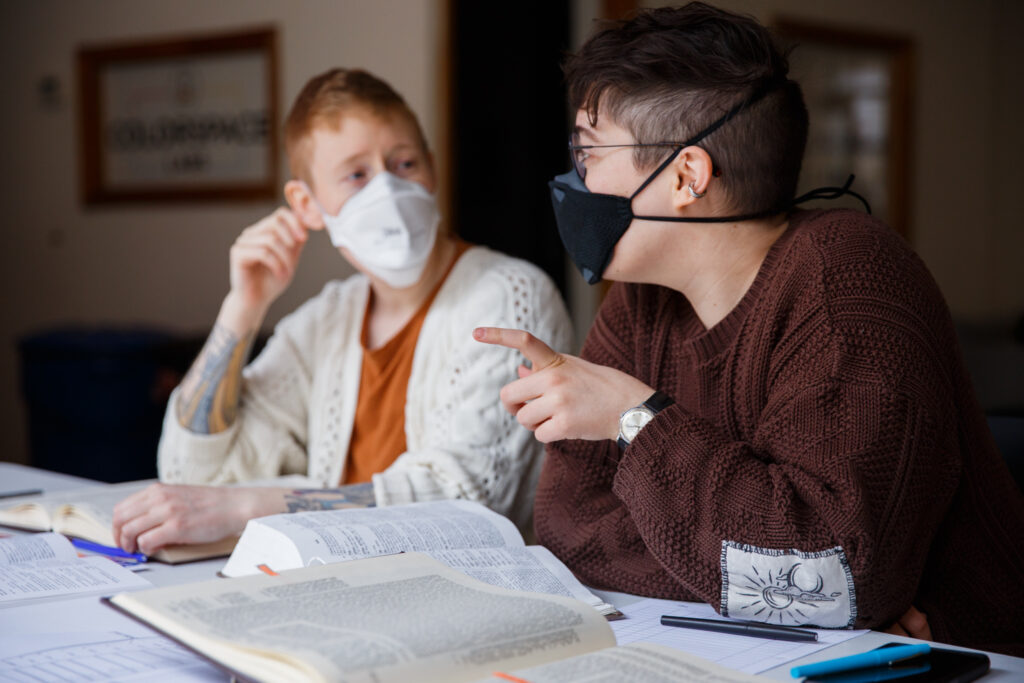I like to think that our fairy-Rabbi-ancestors would have been proud to watch their descendants witness the nomination of the Honorable Ketanji Brown Jackson to the United States Supreme Court. Much of the coverage of this moment has focused on Judge Jackson herself: her identity as a Black woman, her experience as a circuit court judge, her role as a wife and mother, her rulings on certain cases and under certain circumstances. These factors have been celebrated, scrutinized, and discussed by folks on every end of the political spectrum. I believe, however, that these factors (despite the magnitude of their importance) would have mattered less to our fairy-Rabbi-ancestors. I believe their source of pride would have been us, and our ability to see the rigorous, exhausting, and often ill-willed questioning of Judge Jackson for what it was: an opportunity for state Senators to catapult self-serving accusations of political bias at Judge Jackson during her historic confirmation hearing. Thanks to our time in SVARA’s bet midrash, we know that questioning is what the Talmud is all about. We know well the creative and destructive potential within a question, especially when we consider the way it is being asked. So it is time to do what our fairy-Rabbi-ancestors would have us do—bring the lessons of our tradition into the real world, our lived world. Right here. Now.
Kevin Moseby, a student in the SVARA Mixed-Level Bet Midrash and a sociologist of Biohealth/Medicine/Race and Black American experiences, recently exclaimed as we looked at a wonderful turning point in our sugya (a legal-narrative section of Talmud): “What gives the stam (that anonymous editorial layer of the Talmud) the right to question an amora (that generation of authorities who reexamined how we understand the Mishnah)? Isn’t that pretty audacious?!?” On many occasions, Kevin has directed the bet midrash to examine the issues of power and white supremacy which arise within our excavations of these texts, and I would say that he is right — that this latest generation of the Talmud, the stam, is not afraid to audaciously question because our texts inevitably hold assumptions that demand further explanation. Rabbi Abraham Joshua Heschel famously described the Civil Rights era as a time where “spiritual audacity” was needed, and we see the roots of this concept right here in the Talmud.
Our fairy-Rabbi-ancestors wanted us to own our audacity and do that necessary questioning. Perhaps that is why there are so many different kinds of questions in the Talmud—there are she’elot (שאלות), “questions,” which are about clarifications of the meaning or scope of a text, often a specific rule; there are kushiyot (קושיות), “difficulties,” which are about pointing out difficulties or contradictions within a text that often expose deeper issues at play; then there is the active process of seeking out questions and answers which we often refer to as yoshev v’doresh (יושב ודורש), “sitting and expounding”. We even have special terminology to introduce questions of contradictory parallels and precedents, such as v’hatanya (והתניא), “don’t we have a baraitta (an anonymous teaching of equal authority with the Mishnah)?” or v’ha d’qatani (והא דקתני), “was it not this that was actually taught (by another or sometimes the same authority)?” Our fairy-Rabbi ancestors did something deeply queer here—they put many names to their questioning and, by virtue of doing so, allowed us to be conscientious with our intentions when we dialogue with one another here in the present day.
We inherited the knowledge that it is valuable to excavate the intentions behind questions, thus making it nearly impossible to look away from the nature of the questioning that Judge Ketanji Brown Jackson underwent. One of the most striking moments during these confirmation hearings came with the questioning by Senator Marsha Blackburn of Tennessee. On several critical issues (abortion, the rights of parents and public schools to teach or not teach Critical Race Theory, and the concept of gender identity as a choice), Senator Blackburn asked Judge Ketanji Brown Jackson to express her political beliefs: to expressly state, in advance of any specific legal case presented before her, how she would rule. Here was a particularly poignant exchange towards the end of the senator’s questions:
Senator Marsha Blackburn: Do you believe that the role of the court is to intervene whenever we need a jolt in the progressive direction?
Judge Ketanji Brown Jackson: Senator, the role of a judge is to decide cases and controversies based on the facts and the law, mindful of their obligation to rule impartially and to remain in consideration of only the law and their constraints under the constitution.
The other questions asked of Judge Ketanji Brown Jackson had little to do with the role she was nominated for, but rather served as opportunities for senators to express their own political views and speculate as to whether or not Judge Brown Jackson might rule against those views if given the chance. It is not uncommon for Supreme Court confirmation hearings to be leveraged as opportunities for senators to aggrandize their political positions on a national stage. In this moment, however, when we are at a historical precipice and our master narratives are crashing left and right, we have an important opportunity to look more critically at what it means to have a confirmation process for the Supreme Court of the United States where questioning is less of an art and more of a performance. And what do we say of that performance when the person being questioned, a Black woman, is consistently interrupted, denied contextual information for the questions being asked, and is rarely asked about anything that speaks directly to the work that she is presumably being considered for?
I am writing this from my hot little shtender not to assert that Judge Ketanji Brown Jackson should be confirmed to the Supreme Court, but rather to highlight the fact that our Talmudic tradition, as Kevin noted, always invites us into audacity—the audacity of naming what our intentions are in the act of questioning; of elevating the questioning itself to a radically reparative and transformative plane. When we fail to do this, our shortcomings, our implicit (and sometimes explicit) biases, take over a situation, and the bright light of possibility is overshadowed. Hopefully, we can continue to make our fairy-Rabbi-ancestors proud by refusing to take our questions for granted. When we examine our questions we find our deepest motivations and intentions, and through that process we bring more light into the world- the light that we need to guide us in this time of crash. How we question, as our fairy-Rabbi-ancestors intuited, might be the very torch we need.

